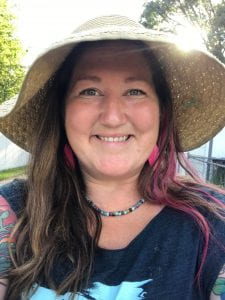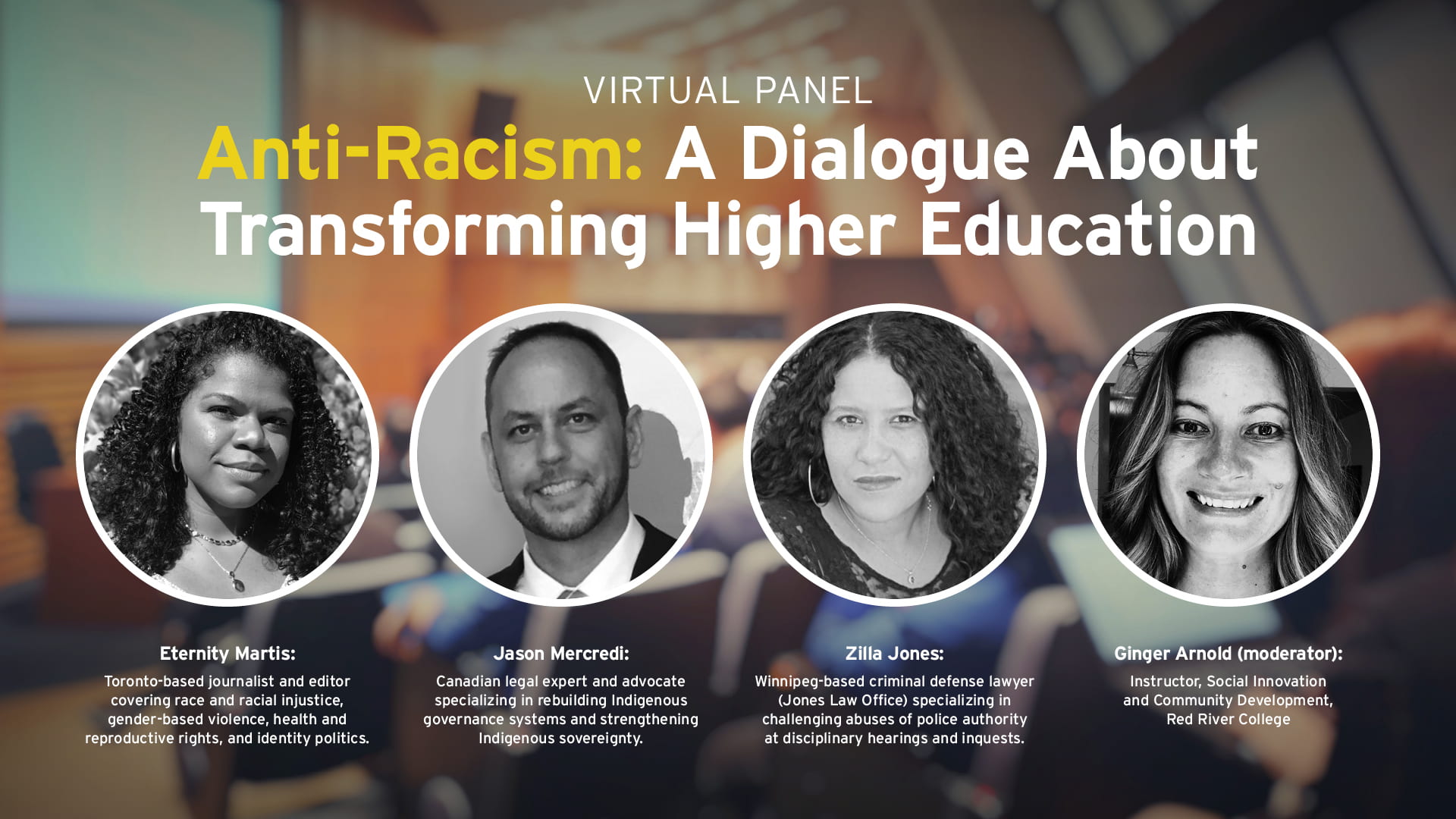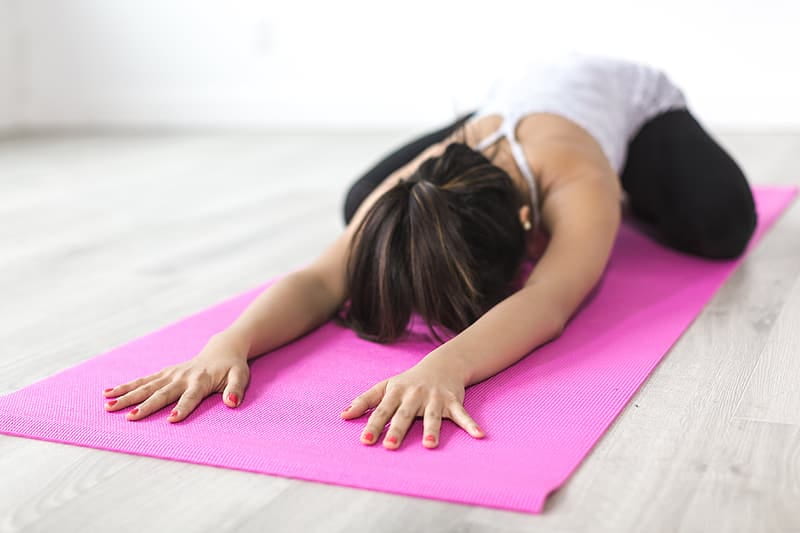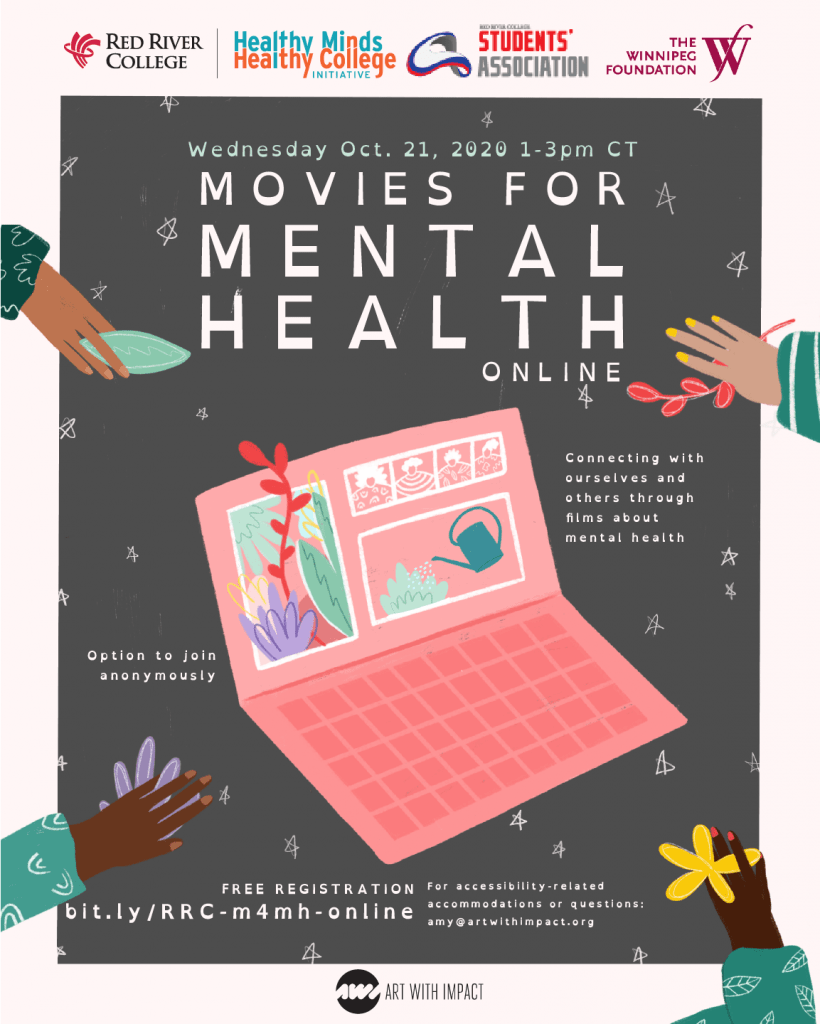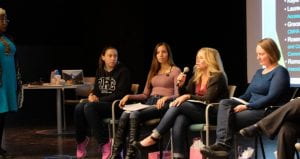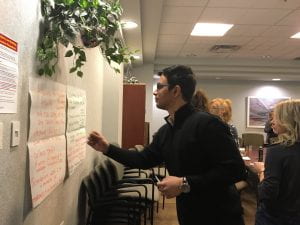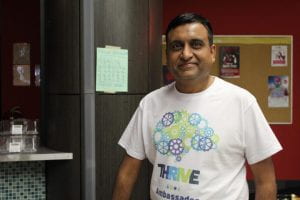5 Everyday Exercises to Strengthen Your Mental Health
Adapted from our friends at BEACON.
Life has been stressful, uncertain and scary lately – that’s for sure. As everyone is grappling with all these things (and with the intense emotions that come along with them), we’re looking for better ways to strengthen our mental health whenever we have the chance.
Thankfully, there are plenty of things we can be doing every day to help maintain a healthy perspective. These five can be used to relax, recharge or simply mentally regroup, so you can get back to resiliency and meet challenges as they come.
Move that body
Exercise isn’t just great for your physical health – when you engage in activity, your body releases stress-reducing endorphins that can also help boost your mood and alleviate some of the anxiety and depression you’re feeling. Now that so many of us are stuck at home without access to gyms and equipment, try to find alternative ways to get physical, such as a body weight-resistance routine, going for a quick jog or a relaxing and revitalizing solo yoga session. Try joining our live (virtual) yoga class, Fridays on WebEx.
Disconnect for a few
If you’ve been paying attention to the news related to COVID-19, you know that it can be an endless – not to mention an endlessly stressful – stream of information. Likewise, if you’re on social media all day long, or if you’re now working from home and trying to adapt to new routines, it can be difficult keeping up with all the meetings, emails and everything else. It’s important to take a few moments for yourself – by disconnecting you can shift your focus away from stress-causing information. Unplug for a while. The world will get along just fine without you for a few minutes.
Do something nice (for someone else)
Now is a time when a little kindness goes a long way – whether it’s helping a neighbour from a safe distance, sending a note to a relative or donating to a local food bank. A kind act can benefit your mental health by elevating your self-esteem while helping you focus on empathy. Kind acts can also boost your brain’s dopamine levels, which means that you’ll feel just as good as the recipient of your positive actions.
Switch it up
The one thing many of us are feeling right now is the sense of sameness – it’s Groundhog Day every day. Our day-to-day routines under COVID-19 can be awfully repetitive, which, in turn, can negatively affect our mental health. While it’s true that a normal routine can add to our sense of security and safety (which many people are craving right now), switching up certain parts of your day can have its benefits. Try an impromptu midday walk if you can, work in a different area of your home or get take-out from a new spot. By altering your routine, you won’t feel quite so stuck in a rut.
Let the music play
If you’re experiencing a lot of stress, anxiety or negative feelings, try putting on a familiar piece of music that you enjoy – anything from Beethoven or Brahms, to Taylor Swift or Shawn Mendes will work. Listening to music will not only relax you and lift your mood; it can also help to enhance your motivation to get things done – something a lot of us may be looking for right now.



